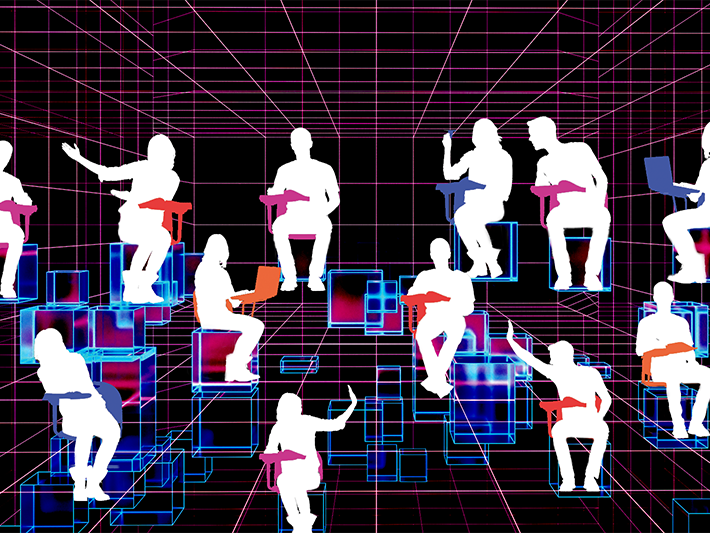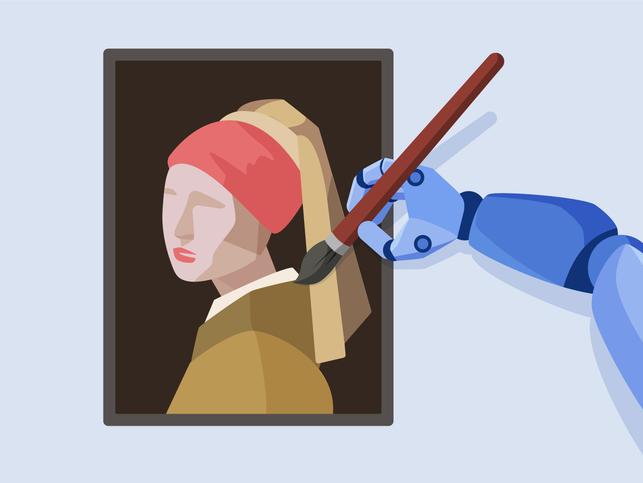What role should artificial intelligence play in higher education? From ChatGPT to DeepSeek, generative AI (GenAI) tools of all kinds are forcing a rethink of university teaching, assessment, research and administrative work. Find out how to build AI literacy across an institution, use GenAI to support learning, harness AI tools as teaching and research assistants and manage the risks posed by GenAI and other AI technologies.









